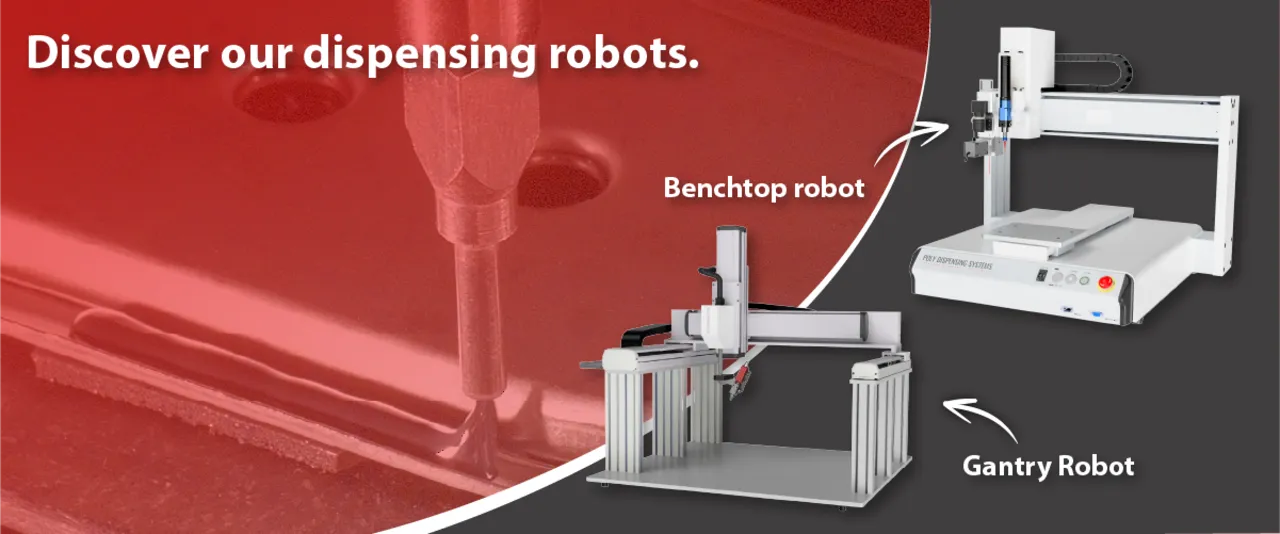Fluid dispensing plays a critical role in many manufacturing processes. Whether in the chemical, pharmaceutical, automotive, or aerospace sectors, the importance of precise and efficient fluid application cannot be overstated.
Understanding Fluid Dispensing
Fluid dispensing involves measuring and delivering precise volumes of liquid in a given application. This can include tasks such as applying adhesives or sealants, or injecting components. Accuracy is essential to ensure the quality of the final product and to minimize material waste.
Why is precision so important?
Improper fluid application can lead to product defects, material waste, and even safety issues. For example, in the pharmaceutical industry, incorrect dosing can compromise a drug’s effectiveness. In the automotive sector, poor dispensing of coolants or lubricants can impact vehicle performance.
Different Fluid Dispensing Techniques
Several fluid dispensing techniques are used across industries to meet specific needs. Below are some of the most common methods:
1. Gravity Dispensing
Gravity dispensing is one of the oldest and simplest methods. It relies on gravity to move fluids from a reservoir to the application point. While economical and easy to implement, it lacks precision and is generally unsuitable for applications requiring high accuracy.
2. Volumetric Dispensing
Volumetric dispensing, such as with the Precifluid dispenser, offers greater precision by using a screw pump system to measure and distribute fluids. This method is particularly useful for applications that require consistent and precise volumes.
3. Peristaltic Pump Dispensing
Peristaltic pumps offer another option for precise fluid dispensing. These pumps compress a flexible tube to push fluid through the system. Ideal for fluids sensitive to contamination, as the liquid only contacts the inside of the tubing.
4. Jet Dispensing
Jet dispensing uses nozzles to eject fluids at high pressure. Commonly used for applying paints or coatings, this technique enables precise control of the fluid volume and can be automated for greater efficiency.
5. Spray / Coating
This technique involves spraying a fine mist of fluid onto a surface to create a uniform coating. It is often used in the automotive and electronics industries to protect components and enhance aesthetics.
6. Filling / Potting
Filling or potting involves encapsulating components, typically in electronics, to protect them from vibration and moisture. This method also ensures adequate heat dissipation.
7. Encapsulation / Glob Top
Encapsulation or glob top dispensing—such as with our Precidose 2K – is used to protect integrated circuits and electronic components. A protective resin is applied to safeguard delicate parts and ensure their integrity.
8. Micro-Dot Dispensing
Micro-dot dispensing with our PDS precision needles allows for the application of extremely small quantities of fluid. Essential in applications such as electronic assembly and medical device manufacturing.
9. Dot Dispensing
This method involves dispensing precise drops of fluid, commonly used for adhesives and sealants in assembly processes.
10. Bead / Line Dispensing
Bead dispensing creates a continuous line of fluid. It is widely used for sealing and gasketing across various industries.
11. Non-Contact Dispensing (Jetting)
Non-contact dispensing, or jetting—such as with our PreciJet system—uses a nozzle to eject fluid without touching the surface. This reduces contamination risk and enables ultra-fine applications.
Solutions for Precise and Efficient Dispensing
To ensure precise and efficient fluid dispensing, it is crucial to choose the right technique and use appropriate equipment. Here are some key solutions for optimizing the fluid dispensing process:
Regular Equipment Maintenance
Routine maintenance of dispensing systems is essential for reliable operation. This includes cleaning nozzles, replacing worn parts, and calibrating sensors.
Staff Training
Properly training personnel on dispensing techniques and equipment use is vital to prevent errors and improve performance.
Choosing Compatible Materials
Selecting appropriate materials for fluid-contact components is also key. These materials must be chemically compatible with the fluid to avoid undesirable reactions.
At Poly Dispensing Systems, we support our clients at every stage to ensure optimal and long-lasting use of their systems. This includes the implementation of automated systems, regular maintenance to prevent downtime, and staff training to ensure full equipment proficiency. We also assist in selecting materials tailored to your specific needs. This comprehensive support guarantees not only equipment performance but also sustainability—enhancing team skills and streamlining operational processes.
Conclusion
Le dosage de fluides est un élément fondamental dans de nombreux processus industriels. En choisissant les bonnes techniques et solutions, les entreprises peuvent garantir une application précise et efficace, réduisant ainsi les pertes de matériaux et améliorant la qualité des produits. Que vous soyez dans le secteur pharmaceutique, chimique ou autre, comprendre et maîtriser les techniques de dosage est essentiel pour le succès de vos opérations.
En restant informé des dernières avancées technologiques et en investissant dans des systèmes de dosage modernes, les entreprises peuvent non seulement améliorer leur productivité mais aussi assurer une meilleure conformité aux normes de qualité et de sécurité.

